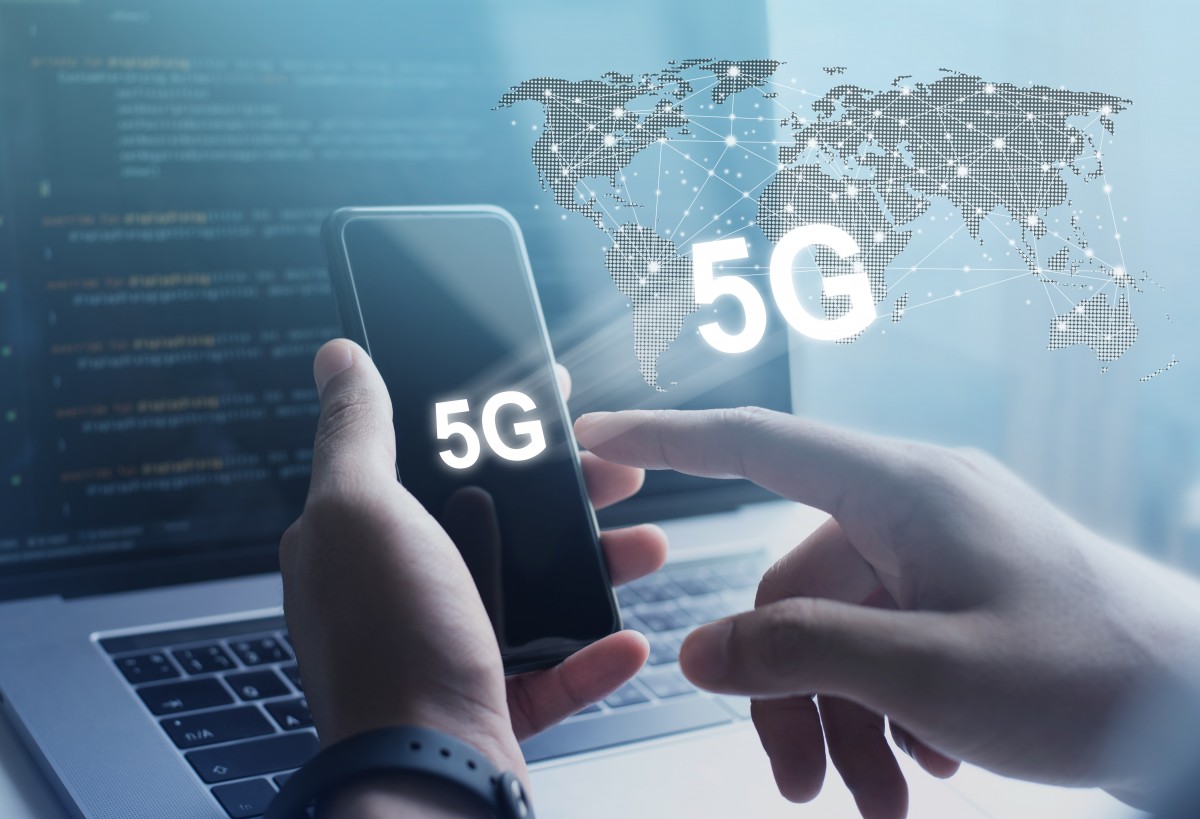Global research from analysts Gartner indicates 5G network infrastructure value will jump 89% by 2020 to reach $4.2 billion. Business across many sectors are already working to unlock the value of 5G in their operations, with trials and proof of concepts now operational in industries such as manufacturing, transportation and utilities.
5G is making ambitious deployments of emerging technologies a reality for large businesses, whether this is for expansive IoT deployments, automation or advanced data analytics. For startups and small and mid-sized organisations, the latest developments in 5G-capable hardware and components are now bringing these benefits within their reach.
Future connectivity has landed
5G supports greater volumes of data and more devices on a single network while at the same time improving latency and device battery life. It’s a no-brainer for a manufacturer to opt for 5G connectivity to deploy IoT and M2M devices such as equipment sensors on the factory floor. The benefits are huge.
New 5G developments could support connected machinery reporting on production levels, condition status, potential bottlenecks and much more – all done in real-time thanks to continuous readings polled from sensors and other devices.
But of course, businesses may well have legacy or longstanding operations based on WiFi or 4G connectivity. Yes, they want to upgrade or roll out a new application that harnesses the superior capacity and data transfer rates of 5G, but they don’t want to ‘rip and replace’ existing applications.
Oh no, not more antennas!
If a business is looking to capture and consolidate data from older M2M devices that only support 4G, specialist sensors that communicate exclusively via WiFi and more advanced solutions that can use the advanced functionalities of 5G connectivity, this would in the past have required multiple antennas.
Previously, deploying an antenna for each wireless application at every required location was costly, potentially tripling the volume – and in turn, the cost of required hardware.
But new developments in antenna design and technology are now beginning to combat these core enterprise challenges – this is where mission-critical component providers such as GTT Wireless come in.
Meet the three-in-one antennas: the connectivity hat-trick
Antenna providers are responding to requirements from businesses to handle multiple connectivity types simultaneously, by bringing to market advanced antennas that are capable of supporting applications using 4G, WiFi and 5G.
These new indoor antennas offer the capability to handle all three connectivity types. One such example supports 4G and 5G communications in a single antenna through one feed, requiring just one cable. The alternative supports 4G, 5G and WiFi communications through two feeders to ensure simultaneous data transfer. Both antenna models support the 5G NR (New Radio) global specification, operating on the Sub-6 GHz band between 450-6000 MHz frequencies.
Cutting costs by three to one
These antennas are highly beneficial to any organisation looking to save on overall Bill of Materials cost, cutting the antenna requirement for each deployment from three to one. This is particularly useful to OEM (original equipment manufacturer) companies as it will significantly offset the costs currently associated with deploying 5G in solutions. As widespread adoption of multifunctional antennas take place, the adoption rate of 5G in projects is likely to accelerate.
Where next? 5G meets the great outdoors
Although these initial developments focus on introducing 5G into indoor business environments, expect to see rugged antenna variants that can survive in harsh and ever-changing outdoor environments reach the market in the coming months. This will help directly bring the benefits of 5G connectivity into mission-critical outdoor wireless projects, which are already in widespread use through older standards such as LTE and LoRa.
Don’t consign legacy applications to the bin
GTT Wireless has an established track record of helping organisations deploy mission-critical wireless projects in markets spanning agriculture, transportation and public sector– and these markets will inevitably benefit from the significant added capabilities of 5G. But connectivity types such as WiFi and 4G will still have a vital role to play.
Businesses must ensure existing projects continue to operate effectively without requiring a major ‘rip and replace’ of hardware as they test and deploy new 5G applications. Multi-functional antennas will be key in supporting this while laying the pathway for more advanced applications.




